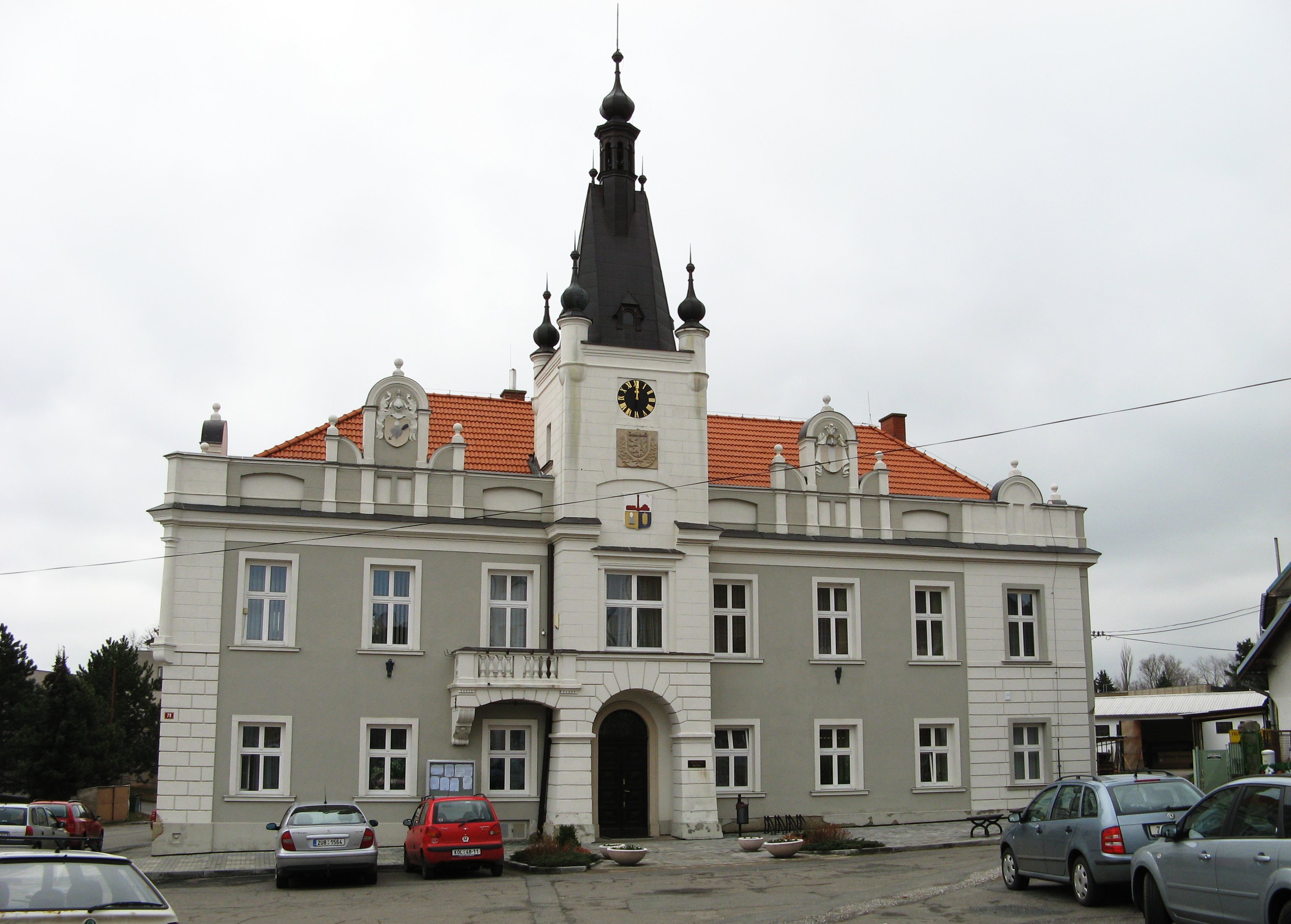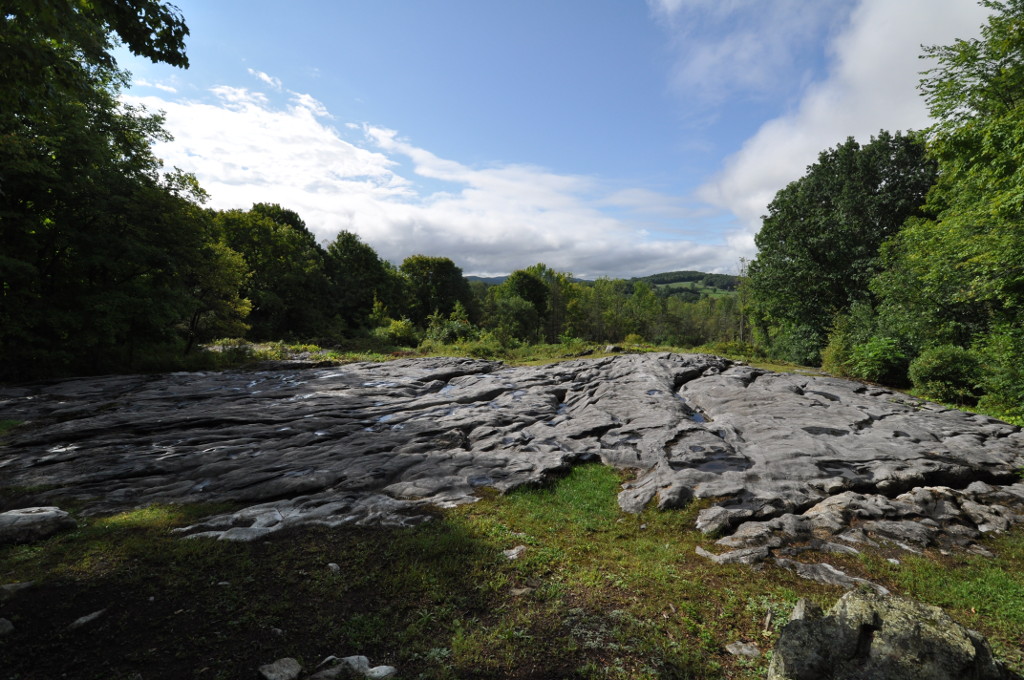|
Alois Vocásek
Alois Vocásek (13 April 1896 – 9 August 2003) was the last surviving Czechoslovak veteran of the World War I and the last survivor of the Battle of Zborov in Ukraine. He was one of thousands of Czechs and Slovaks who broke with the Austro-Hungarian monarchy to fight for the future Czechoslovak state as members of the Czechoslovak Legions. He was later controversial because of his membership in the Czech fascist/nationalist organisation Vlajka in the 1930s. He was the oldest member of the Seventh-day Adventist Church in the Czech Republic The Czech Republic, also known as Czechia, and historically known as Bohemia, is a landlocked country in Central Europe. The country is bordered by Austria to the south, Germany to the west, Poland to the northeast, and Slovakia to the south .... He is buried at the Olšany Cemetery. See also * List of last surviving World War I veterans by country References 1896 births 2003 deaths People from Kolín District Czech ... [...More Info...] [...Related Items...] OR: [Wikipedia] [Google] [Baidu] |
Pečky
Pečky is a town in Kolín District in the Central Bohemian Region of the Czech Republic. It has about 4,900 inhabitants. Administrative division Pečky consists of two municipal parts (in brackets population according to the 2021 census): *Pečky (4,195) *Velké Chvalovice (539) Geography Pečky is located about northwest of Kolín and east of Prague. It lies in a flat agricultural landscape of the Central Elbe Table. The town is situated on the left bank of the Výrovka River. History The first written mention of Pečky is in a donation deed of King Ottokar I of Bohemia, Ottokar I from 1225. For centuries, it was a small agricultural community, often changing their owners and often divided between several estates. After 1869, the railway was built and several larger companies were established, focused on the production of agricultural needs and processing of sugar beet. In 1879, Pečky became a Městys, market town, and in 1925, it became a town. Demographics Transport Pe� ... [...More Info...] [...Related Items...] OR: [Wikipedia] [Google] [Baidu] |
Seventh-day Adventist Church
The Seventh-day Adventist Church (SDA) is an Adventist Protestant Christian denomination which is distinguished by its observance of Saturday, the seventh day of the week in the Christian (Gregorian) and the Hebrew calendar, as the Sabbath, its emphasis on the imminent Second Coming (advent) of Jesus Christ, and its annihilationist soteriology. The denomination grew out of the Millerite movement in the United States during the mid-19th century, and it was formally established in 1863. Among its co-founders was Ellen G. White, whose extensive writings are still held in high regard by the church. Much of the theology of the Seventh-day Adventist Church corresponds to common evangelical Christian teachings, such as the Trinity and the infallibility of Scripture. Distinctive eschatological teachings include the unconscious state of the dead and the doctrine of an investigative judgment. The church emphasizes diet and health, including adhering to Jewish dietary l ... [...More Info...] [...Related Items...] OR: [Wikipedia] [Google] [Baidu] |
Czech Anti-communists
Czech may refer to: * Anything from or related to the Czech Republic, a country in Europe ** Czech language ** Czechs, the people of the area ** Czech culture ** Czech cuisine * One of three mythical brothers, Lech, Czech, and Rus *Czech (surname) *Czech, Łódź Voivodeship, Poland *Czechville, Wisconsin, unincorporated community, United States See also * Čech, a surname * Czech lands * Czechoslovakia * List of Czechs * * * Check (other) * Czechoslovak (other) * Czech Republic (other) * Czechia (other) Czechia is the official short form name of the Czech Republic. Czechia may also refer to: * Historical Czech lands *Czechoslovakia (1918–1993) *Czech Socialist Republic (1969–1990) *Protectorate of Bohemia and Moravia (1939–1945) See also ... {{disambiguation Language and nationality disambiguation pages ... [...More Info...] [...Related Items...] OR: [Wikipedia] [Google] [Baidu] |
Czech Nationalists
Czech nationalism is a form of nationalism which asserts that Czechs are a nation and promotes the cultural unity of Czechs. Modern Czech nationalism arose in the 19th century in the form of the Czech National Revival. In 1848, Czech nationalism became an important political factor in the Austrian Empire due to the activities of the Old Czech Party, led by František Palacký. During World War I, Czech nationalist politicians, such as Karel Kramář in the Czech lands and Tomáš Garrigue Masaryk abroad, endorsed the idea of independence from Austro-Hungarian rule. After 1918 and the creation of Czechoslovakia, the absolute majority of Czech politicians and society adopted Czechoslovakism, that is, the notion of a unified state including Slovakia. The transformation of Czechoslovakia into a liberal market economy during the years 1990-1992 saw disputes between Czechs and Slovaks about the character of the Czechoslovak federation. Separatist forces were strengthened by Slovak n ... [...More Info...] [...Related Items...] OR: [Wikipedia] [Google] [Baidu] |
Czech Men Centenarians
Czech may refer to: * Anything from or related to the Czech Republic, a country in Europe ** Czech language ** Czechs, the people of the area ** Czech culture ** Czech cuisine * One of three mythical brothers, Lech, Czech, and Rus *Czech (surname) *Czech, Łódź Voivodeship, Poland *Czechville, Wisconsin, unincorporated community, United States See also * Čech, a surname * Czech lands * Czechoslovakia * List of Czechs * * * Check (other) * Czechoslovak (other) * Czech Republic (other) * Czechia (other) Czechia is the official short form name of the Czech Republic. Czechia may also refer to: * Historical Czech lands *Czechoslovakia (1918–1993) *Czech Socialist Republic (1969–1990) *Protectorate of Bohemia and Moravia (1939–1945) See also ... {{disambiguation Language and nationality disambiguation pages ... [...More Info...] [...Related Items...] OR: [Wikipedia] [Google] [Baidu] |
White Movement People
White is the lightest color and is achromatic (having no chroma). It is the color of objects such as snow, chalk, and milk, and is the opposite of black. White objects fully (or almost fully) reflect and scatter all the visible wavelengths of light. White on television and computer screens is created by a mixture of red, blue, and green light. The color white can be given with white pigments, especially titanium dioxide. In ancient Egypt and ancient Rome, priestesses wore white as a symbol of purity, and Romans wore white togas as symbols of citizenship. In the Middle Ages and Renaissance a white unicorn symbolized chastity, and a white lamb sacrifice and purity. It was the royal color of the kings of France as well as the flag of monarchist France from 1815 to 1830, and of the monarchist movement that opposed the Bolsheviks during the Russian Civil War (1917–1922). Greek temples and Roman temples were faced with white marble, and beginning in the 18th century, wit ... [...More Info...] [...Related Items...] OR: [Wikipedia] [Google] [Baidu] |
People Of The Russian Civil War
The term "the people" refers to the public or common mass of people of a polity. As such it is a concept of human rights law, international law as well as constitutional law, particularly used for claims of popular sovereignty. In contrast, a people is any plurality of persons considered as a whole. Used in politics and law, the term "a people" refers to the collective or community of an ethnic group or nation. Concepts Legal Chapter One, Article One of the Charter of the United Nations states that "peoples" have the right to self-determination. Though the mere status as peoples and the right to self-determination, as for example in the case of Indigenous peoples (''peoples'', as in all groups of indigenous people, not merely all indigenous persons as in ''indigenous people''), does not automatically provide for independent sovereignty and therefore secession. Indeed, judge Ivor Jennings identified the inherent problems in the right of "peoples" to self-determination, as i ... [...More Info...] [...Related Items...] OR: [Wikipedia] [Google] [Baidu] |
Czechoslovak Legion Personnel
Czechoslovak may refer to: *A demonym or adjective pertaining to Czechoslovakia (1918–93) **First Czechoslovak Republic (1918–38) **Second Czechoslovak Republic (1938–39) **Third Czechoslovak Republic (1948–60) **Fourth Czechoslovak Republic (1960–89) **Fifth Czechoslovak Republic (1989–93) *''Czechoslovak'', also ''Czecho-Slovak'', any grouping of the Czech and Slovak ethnicities: **As a national identity, see Czechoslovakism **The title of Symphony no. 8 in G Major op. 88 by Antonín Dvořák in 1889/90 *The Czech–Slovak languages, a West Slavic dialect continuum **The Czechoslovak language, a theoretical standardized form defined as the state language of Czechoslovakia in its Constitution of 1920 **Comparison of Czech and Slovak See also * Slovak Republic (other) * Czech Republic (other) * Czechia (other) * Slovak (other) * Czech (other) Czech may refer to: * Anything from or related to the Czech Republic, a country ... [...More Info...] [...Related Items...] OR: [Wikipedia] [Google] [Baidu] |
People From Kolín District
The term "the people" refers to the public or common mass of people of a polity. As such it is a concept of human rights law, international law as well as constitutional law, particularly used for claims of popular sovereignty. In contrast, a people is any plurality of persons considered as a whole. Used in politics and law, the term "a people" refers to the collective or community of an ethnic group or nation. Concepts Legal Chapter One, Article One of the Charter of the United Nations states that "peoples" have the right to self-determination. Though the mere status as peoples and the right to self-determination, as for example in the case of Indigenous peoples (''peoples'', as in all groups of indigenous people, not merely all indigenous persons as in ''indigenous people''), does not automatically provide for independent sovereignty and therefore secession. Indeed, judge Ivor Jennings identified the inherent problems in the right of "peoples" to self-determination, as i ... [...More Info...] [...Related Items...] OR: [Wikipedia] [Google] [Baidu] |
2003 Deaths
This is a list of lists of deaths of notable people, organized by year. New deaths articles are added to their respective month (e.g., Deaths in ) and then linked below. 2025 2024 2023 2022 2021 2020 2019 2018 2017 2016 2015 2014 2013 2012 2011 2010 2009 2008 2007 2006 2005 2004 2003 2002 2001 2000 1999 1998 1997 1996 1995 1994 1993 1992 1991 1990 1989 1988 1987 1986 Earlier years ''Deaths in years earlier than this can usually be found in the main articles of the years.'' See also * Lists of deaths by day * Deaths by year (category) {{DEFAULTSORT:deaths by year ... [...More Info...] [...Related Items...] OR: [Wikipedia] [Google] [Baidu] |
1896 Births
Events January * January 2 – The Jameson Raid comes to an end as Jameson surrenders to the Boers. * January 4 – Utah is admitted as the 45th U.S. state. * January 5 – An Austrian newspaper reports Wilhelm Röntgen's discovery, last November, of a type of electromagnetic radiation, later known as X-rays. * January 6 – Cecil Rhodes is forced to resign as Prime Minister of the Cape Colony, Cape of Good Hope for his involvement in the Jameson Raid. * January 7 – American culinary expert Fannie Farmer publishes her first cookbook. * January 12 – H. L. Smith takes the first X-ray photograph. * January 16 – Devonport High School for Boys is founded in Plymouth (England). * January 17 – Anglo-Ashanti wars#Fourth Anglo-Ashanti War (1895–1896), Fourth Anglo-Ashanti War: British British Army, redcoats enter the Ashanti people, Ashanti capital, Kumasi, and Asantehene Agyeman Prempeh I is deposed. * January 28 – Walter Arnold, of E ... [...More Info...] [...Related Items...] OR: [Wikipedia] [Google] [Baidu] |



